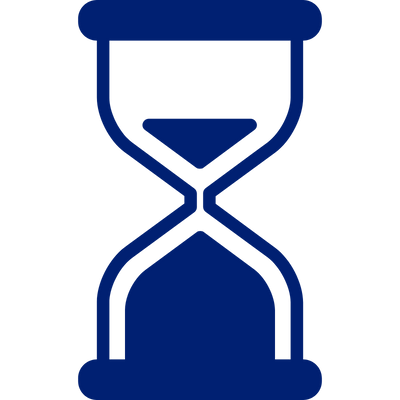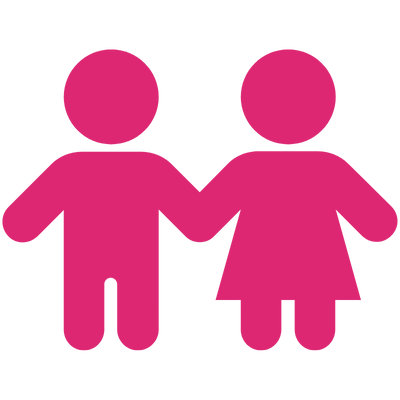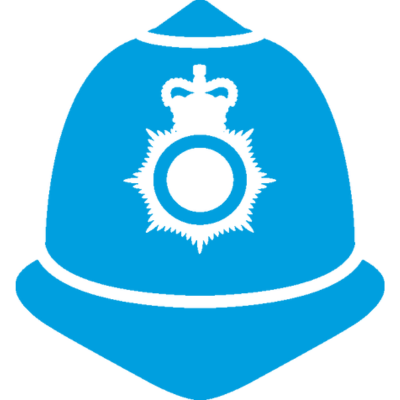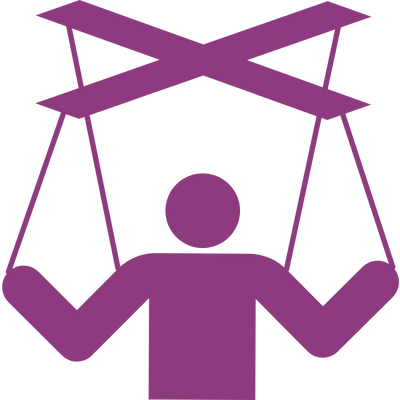Area reports
Beginning in 2018 and running until 2021, we worked with local authorities, including Renfrewshire, Stirling and Aberdeen City, to improve the responses for groups of victims and survivors across Scotland who often remain ‘hidden’ from identification and the support they need. The reports examine the strengths and gaps in local provision and make recommendations for practice.
- Renfrewshire: mental health
We focused on victims and survivors with mental health needs in Renfrewshire, including those with multiple needs. - Stirling: learning disabilities
We focused on victims and survivors with learning disabilities in Stirling, encompassing mild to complex levels of need. The research included people with and without a clinical diagnosis. We also developed an easy read version of the recommendations, working with People First Scotland. - Aberdeen City: younger victims and survivors
We focused on victims and survivors aged 16-25, considering whether they face additional barriers to support.






